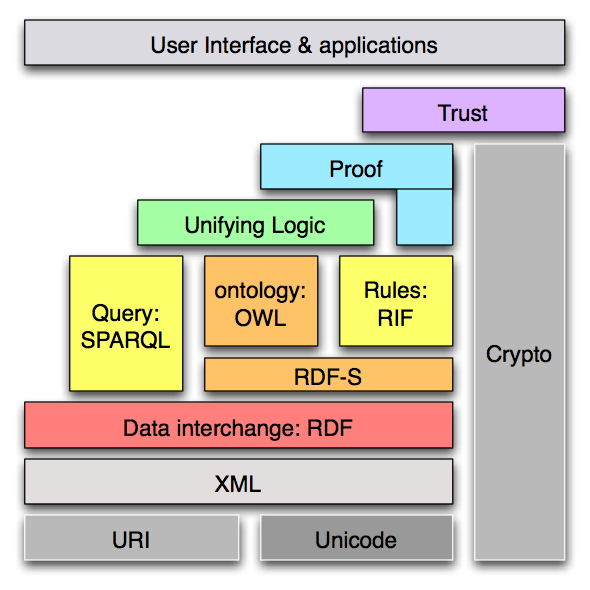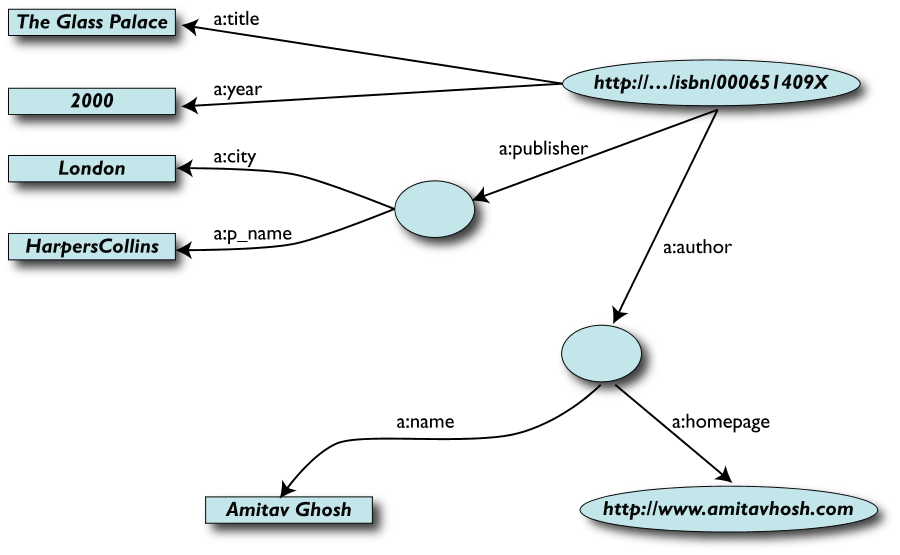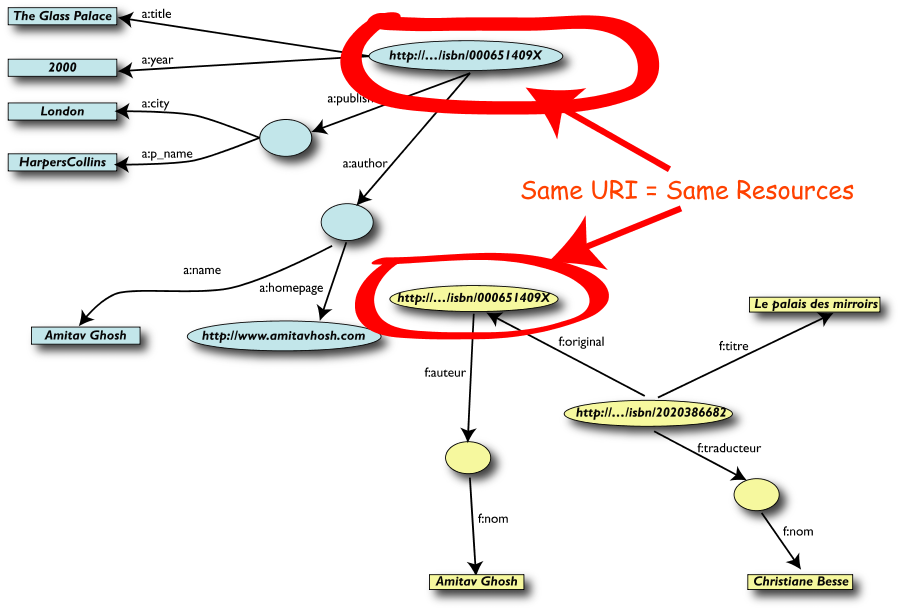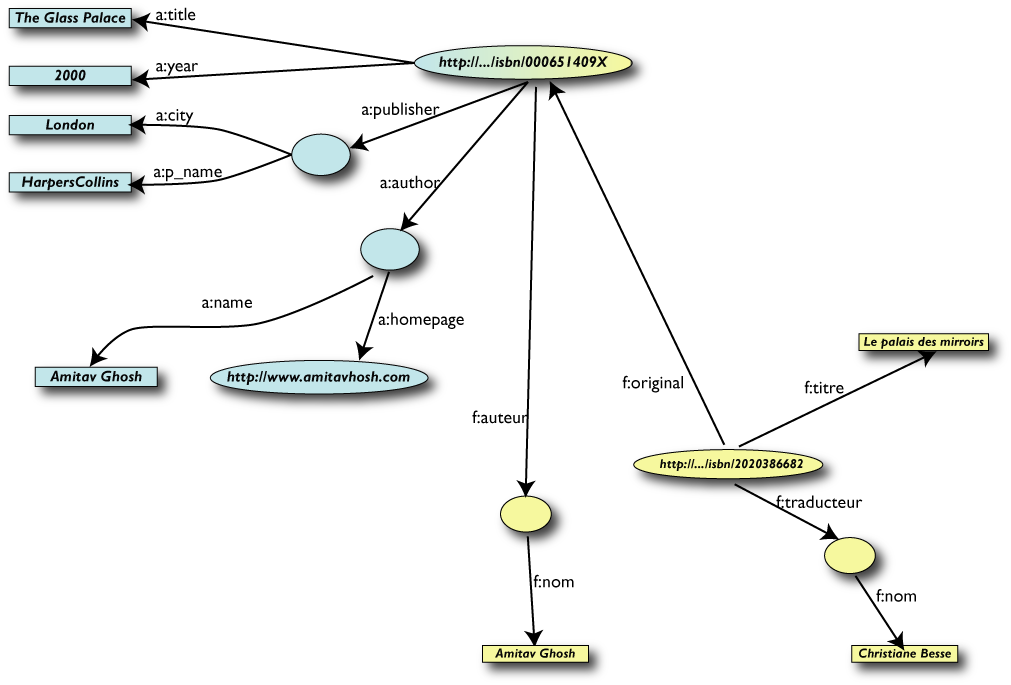The Web is more a "social" creation than a technical one…
Oreste
Signore, <oreste@w3.org>
Responsabile Ufficio Italiano W3C
Area della Ricerca CNR - via Moruzzi, 1 - 56124 Pisa
Milano, 20 ottobre 2007
Presentazione: http://www.w3c.it/talks/2007/eAcademy2007/slides.html
Versione pdf: http://www.w3c.it/talks/2007/eAcademy2007/slides.pdf
Abstract: http://www.w3c.it/talks/2007/eAcademy2007/abstract.pdf
Scarica registrazione mp3 [18.39 MB]
(Registrazione a cura di Smau e-Academy,
originale sul sito)
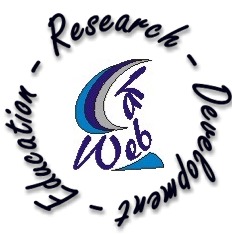



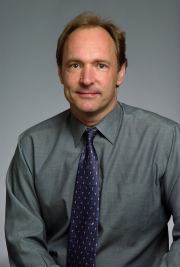
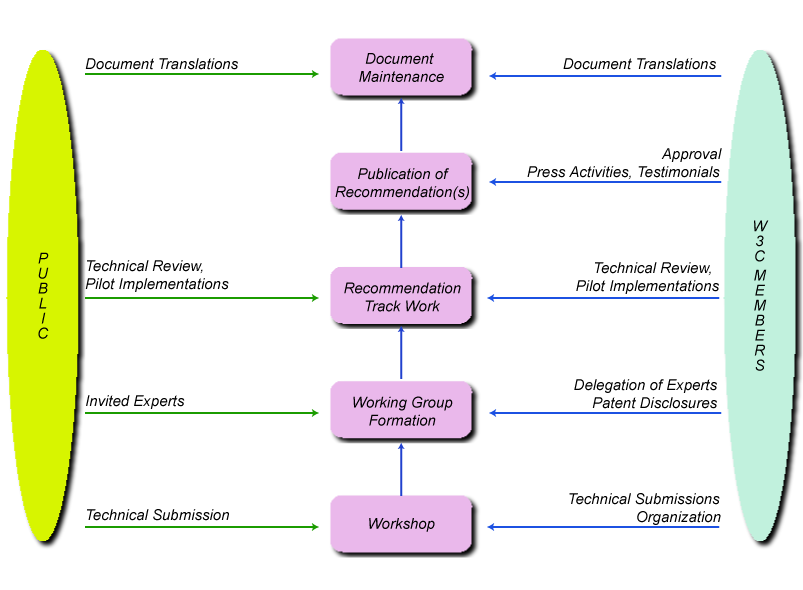
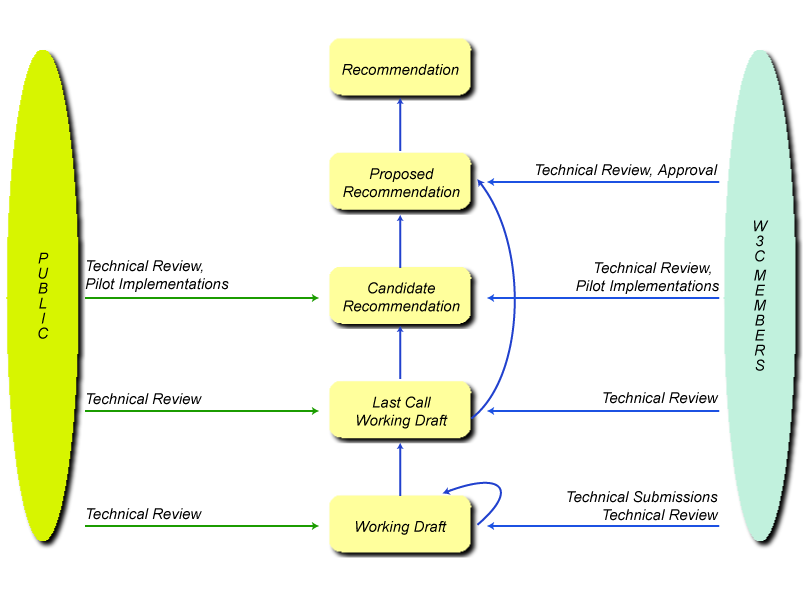
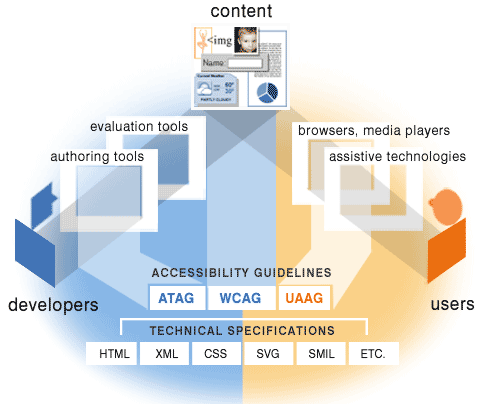


 Level "A": sono
soddisfatti tutti i checkpoint di Priorità 1
Level "A": sono
soddisfatti tutti i checkpoint di Priorità 1

 Level "AA": sono
soddisfatti tutti i checkpoint di Priorità 1
e 2
Level "AA": sono
soddisfatti tutti i checkpoint di Priorità 1
e 2

 Level "AAA": sono
soddisfatti tutti i checkpoint di Priorità
1, 2 e 3
Level "AAA": sono
soddisfatti tutti i checkpoint di Priorità
1, 2 e 3
